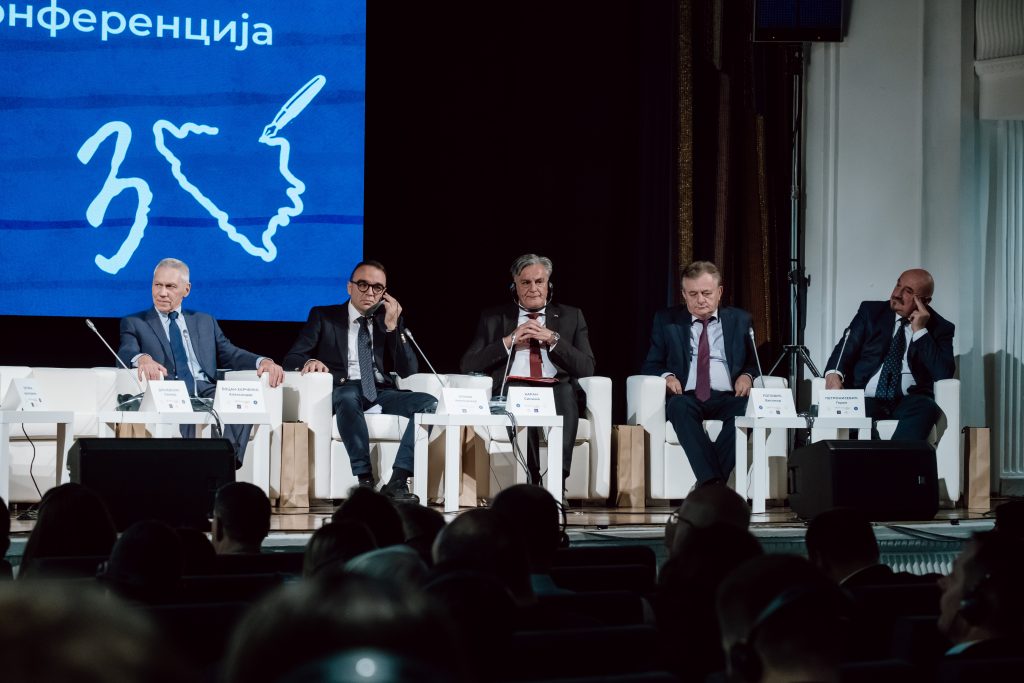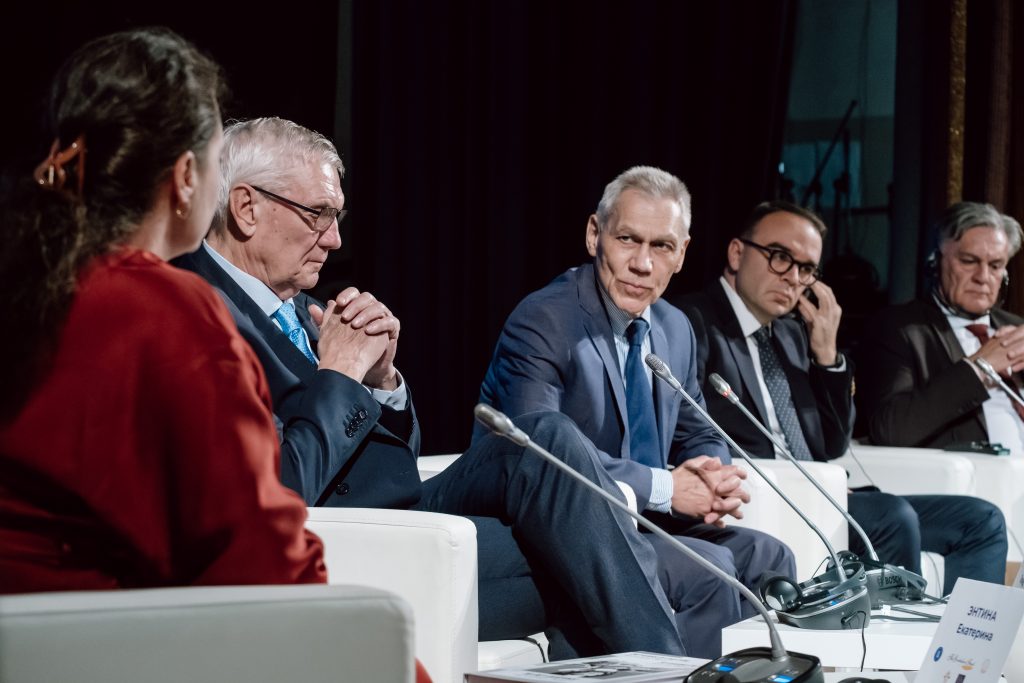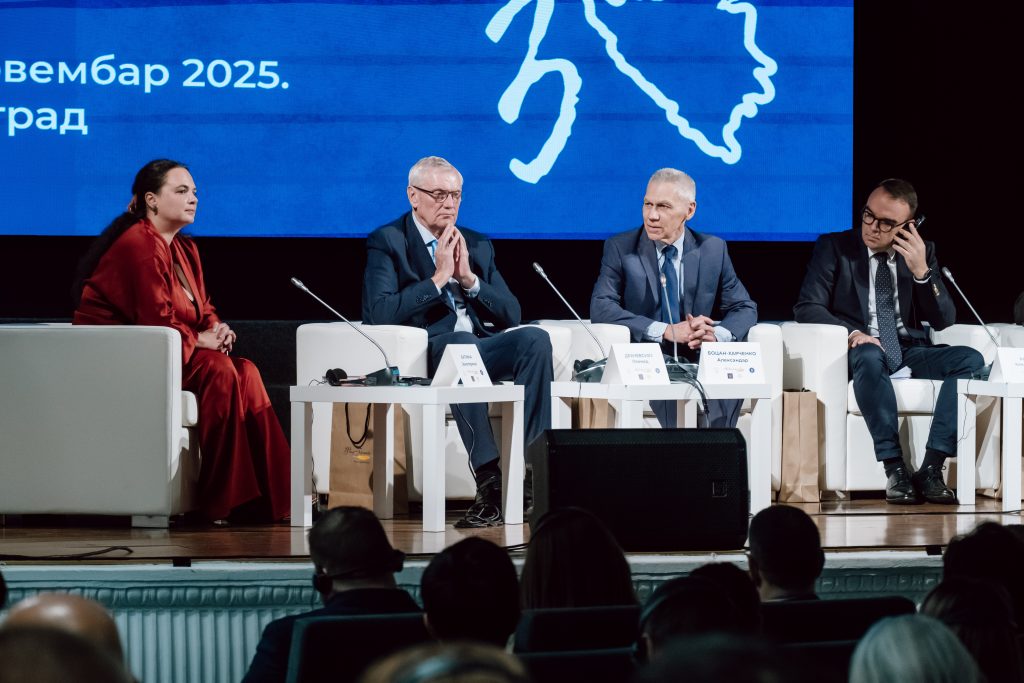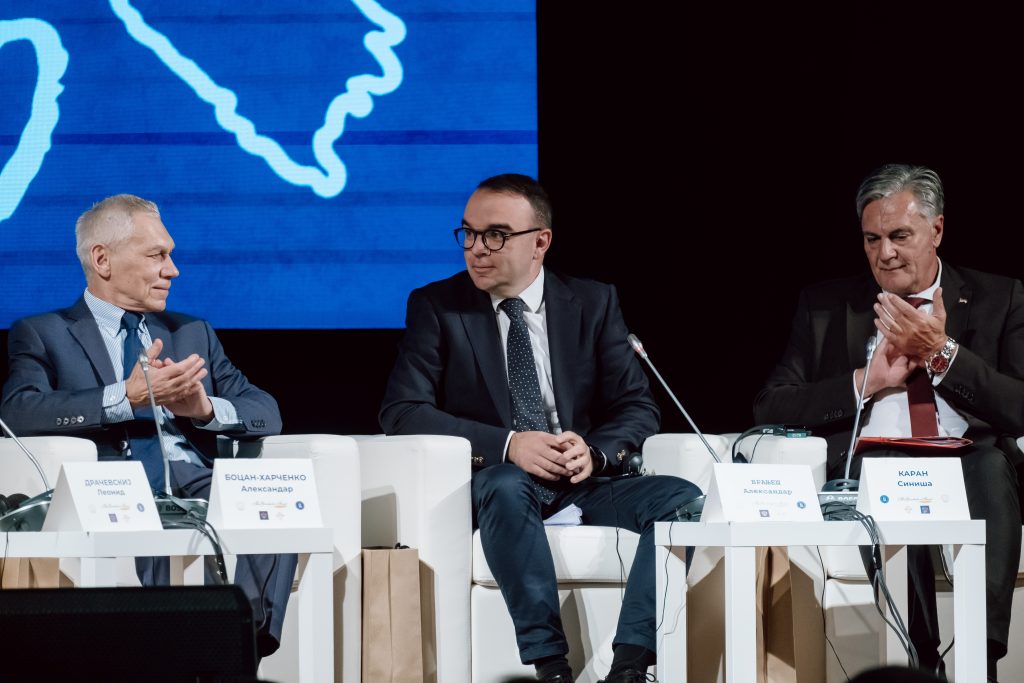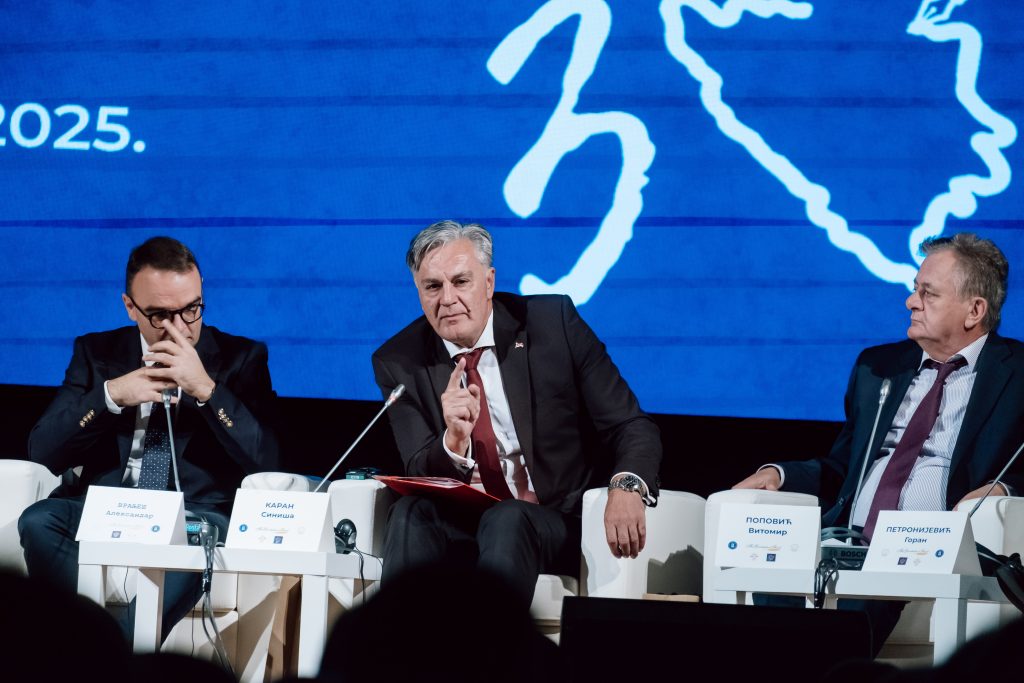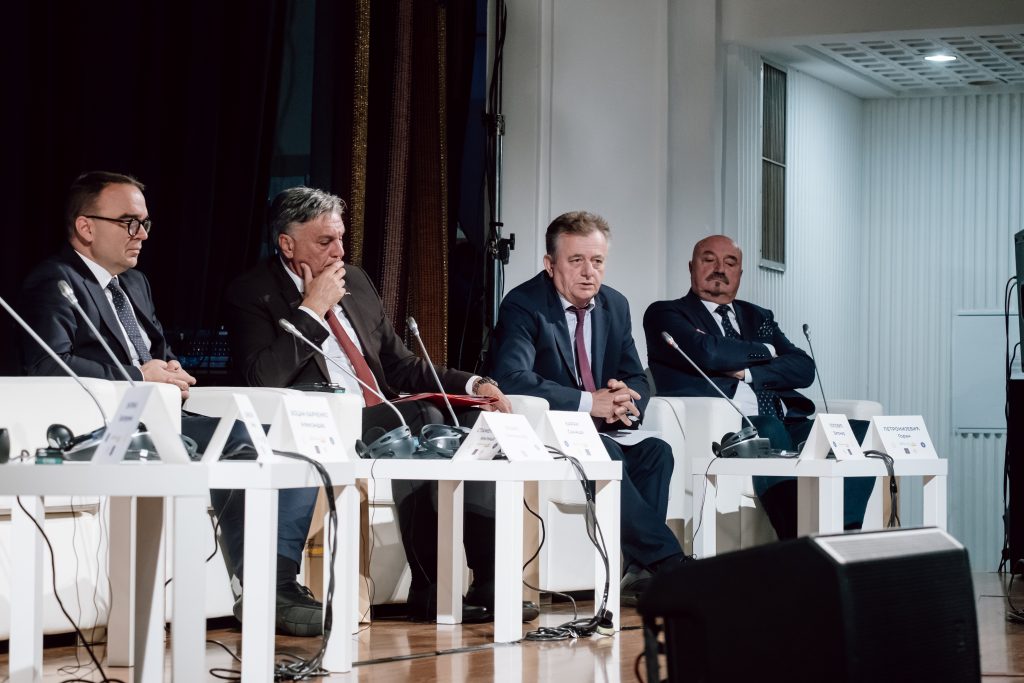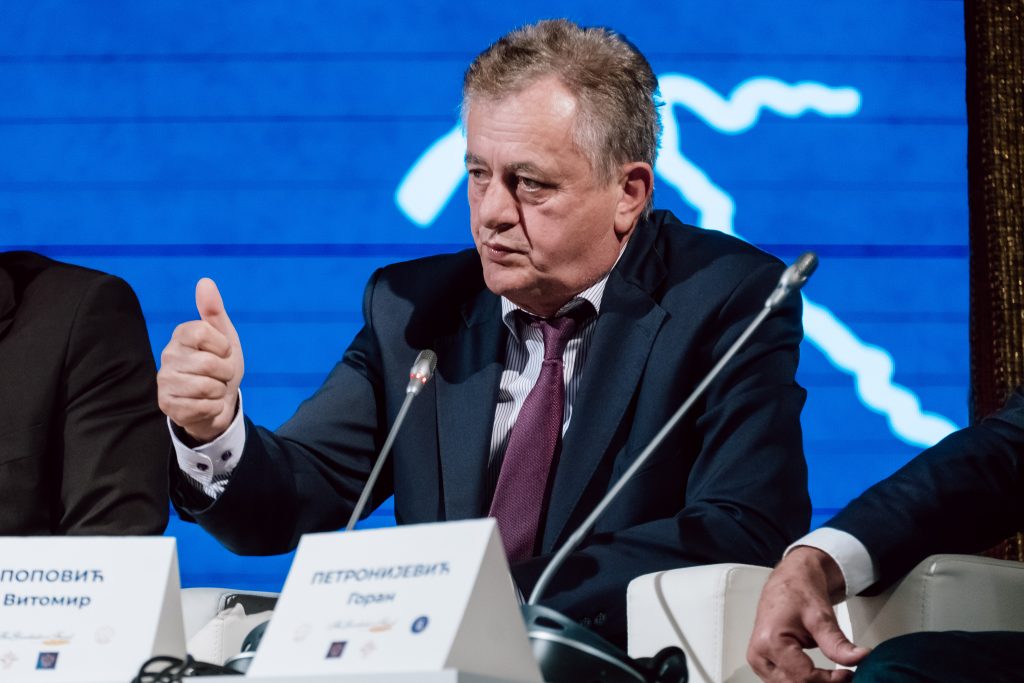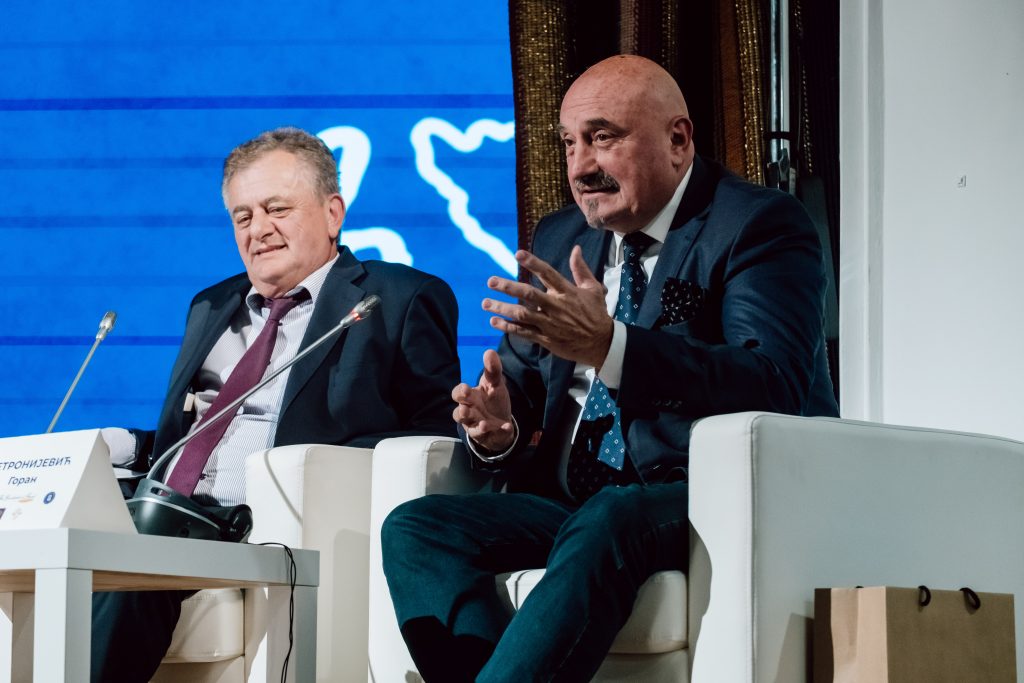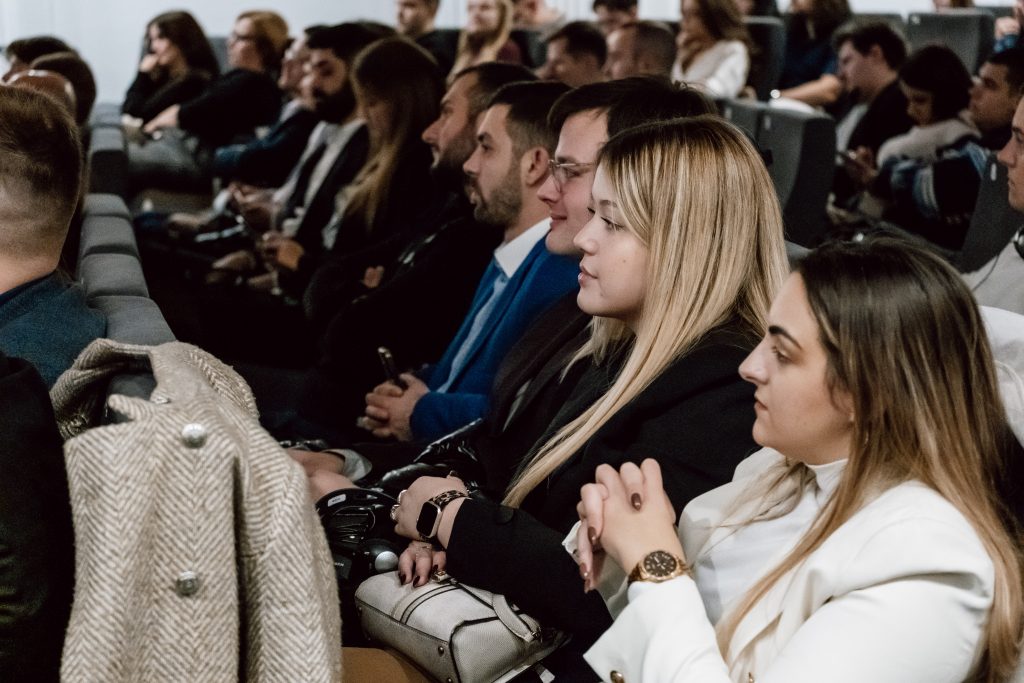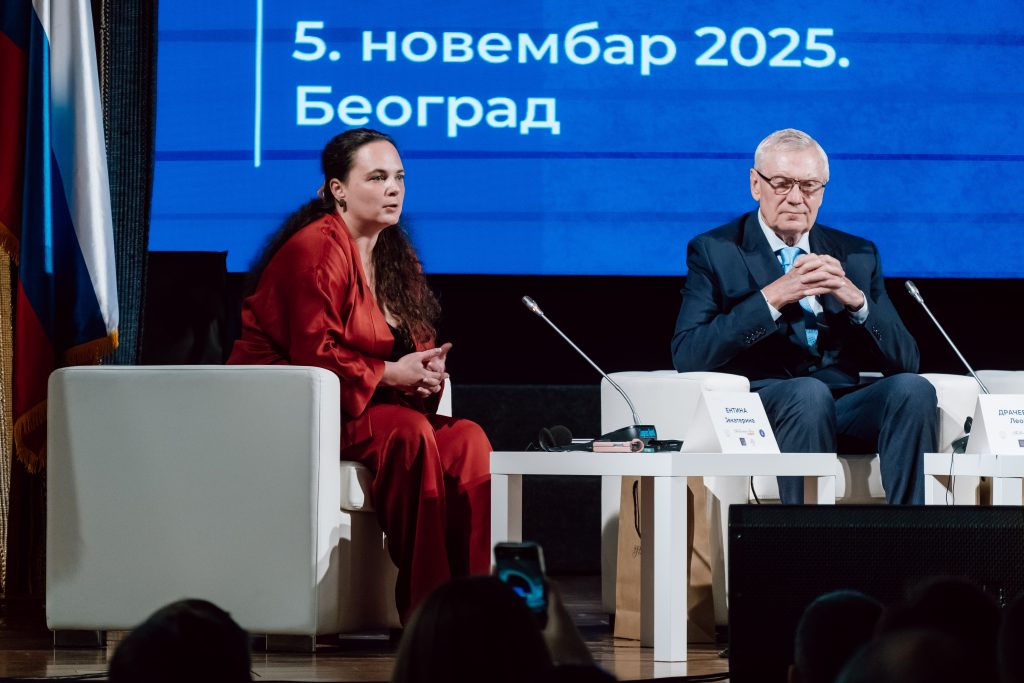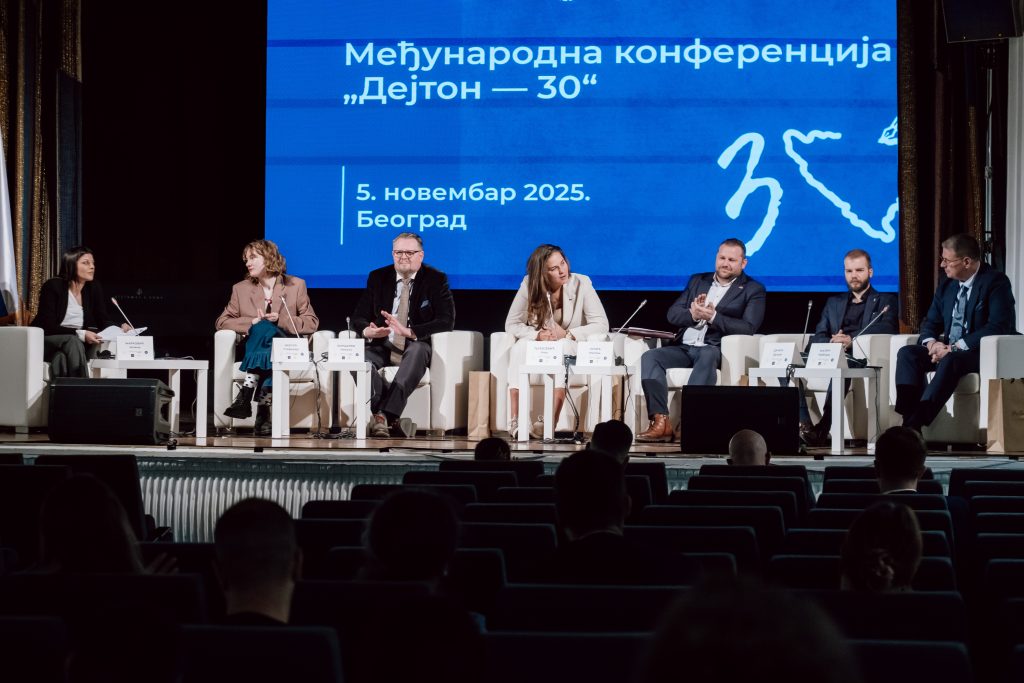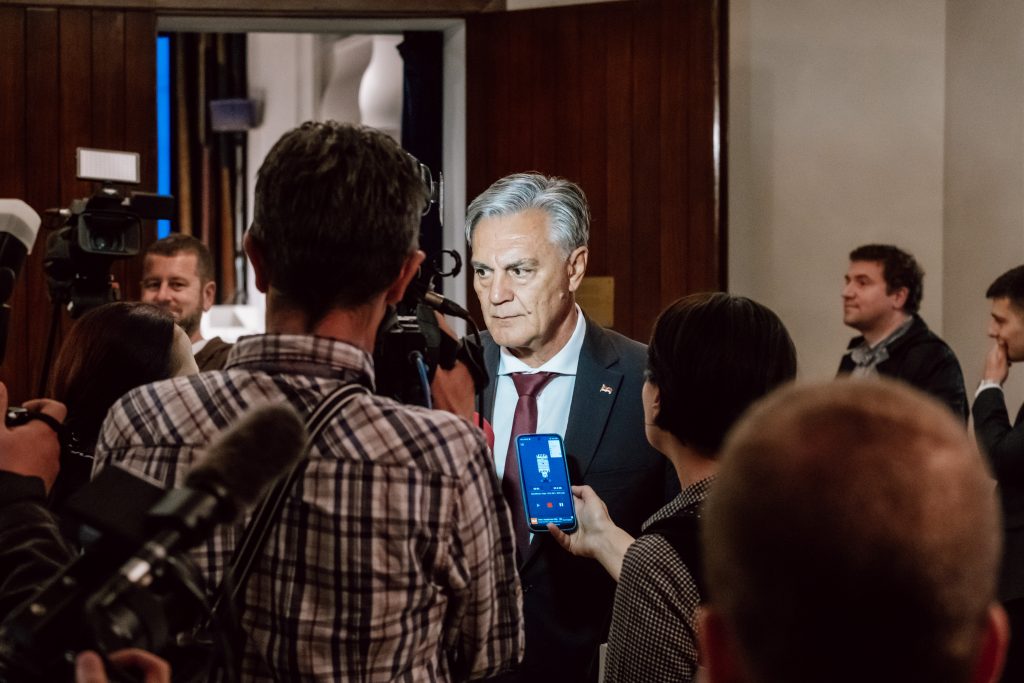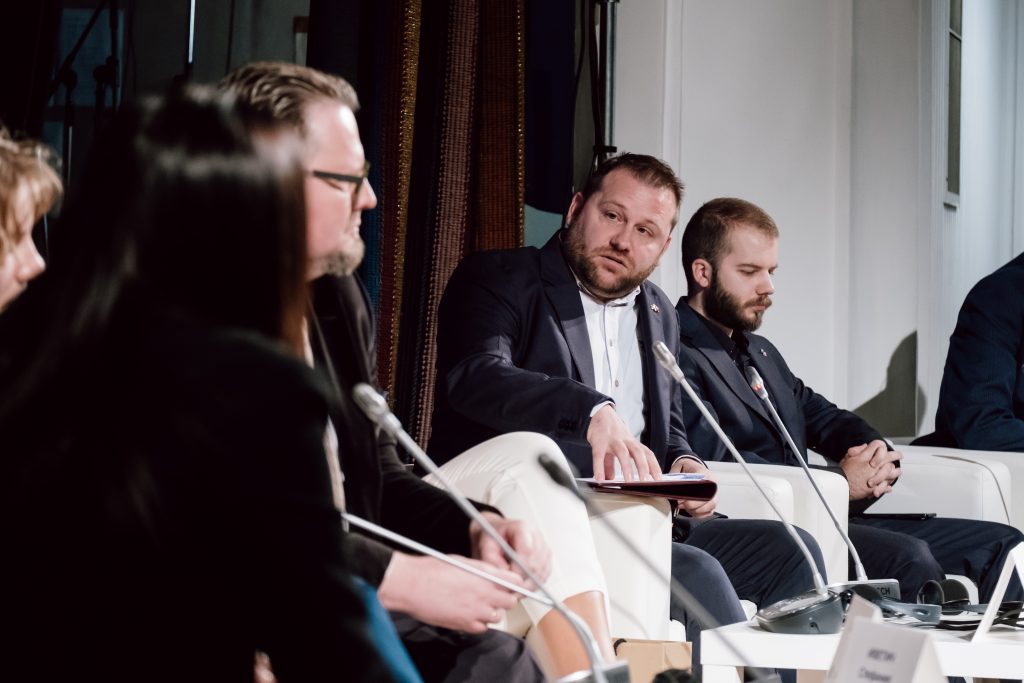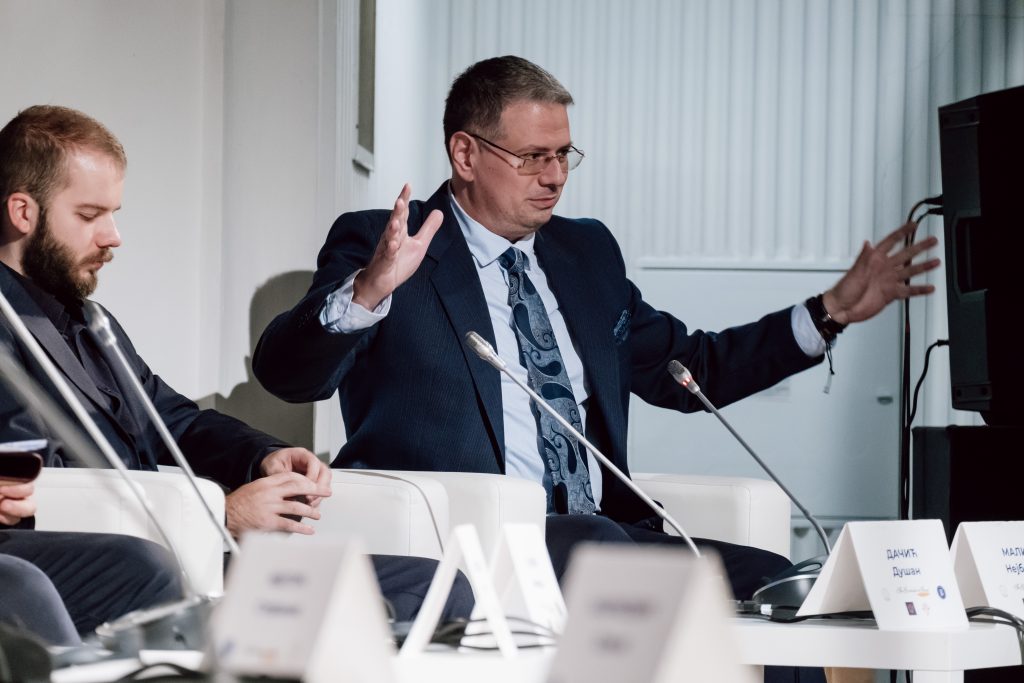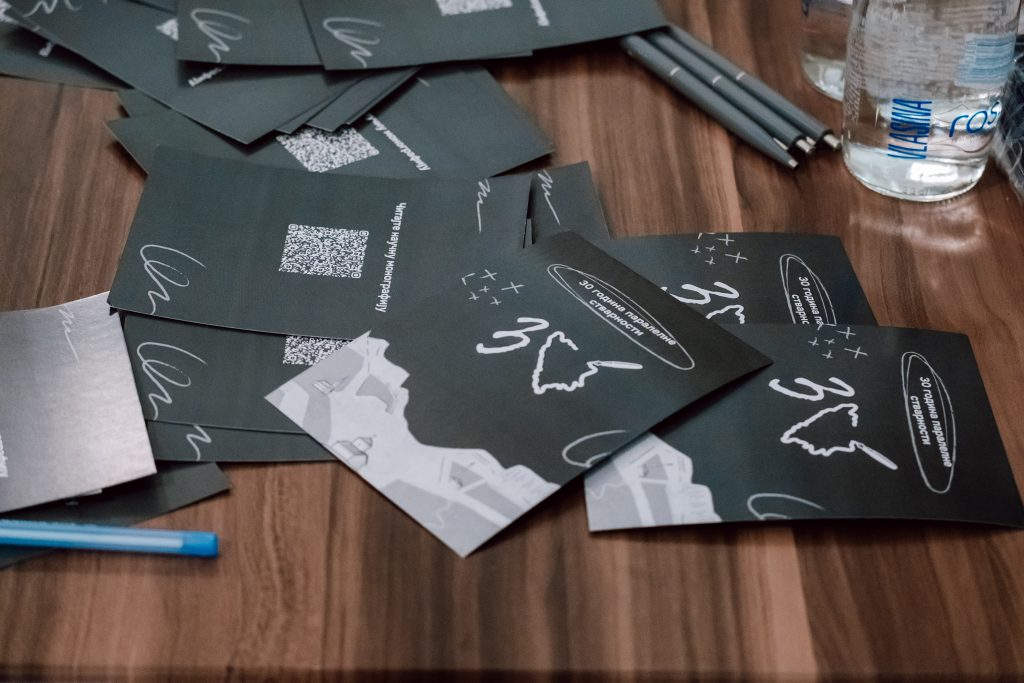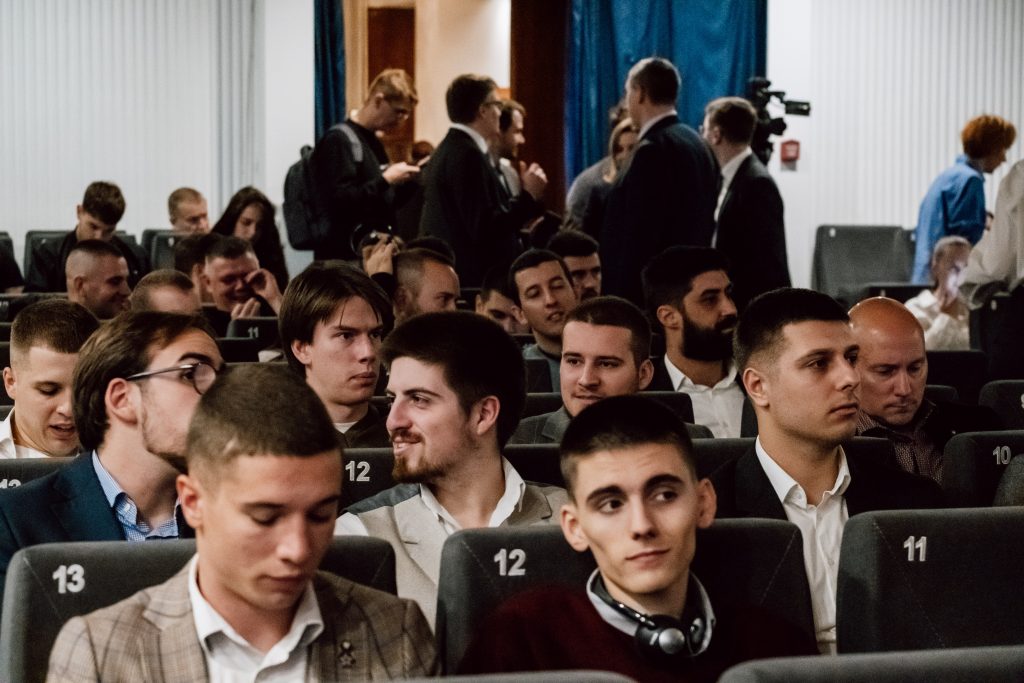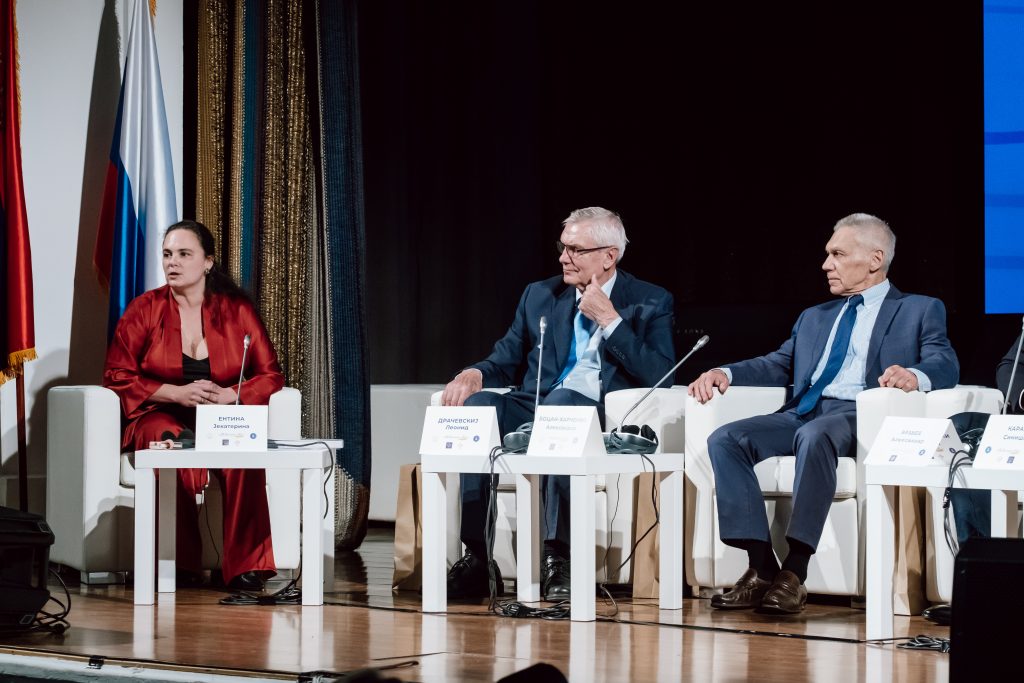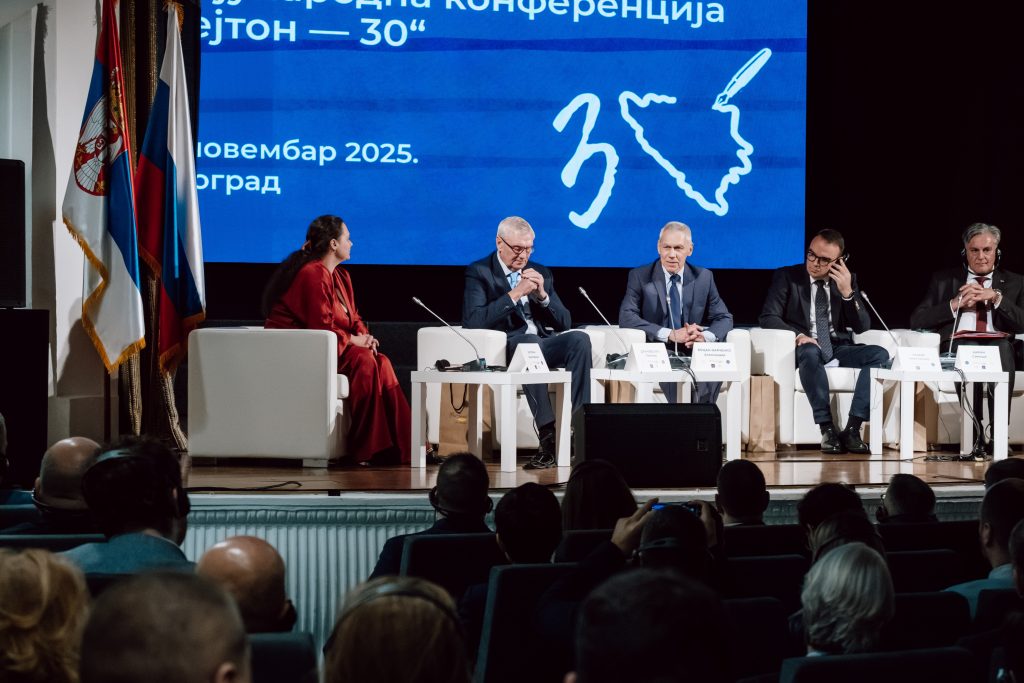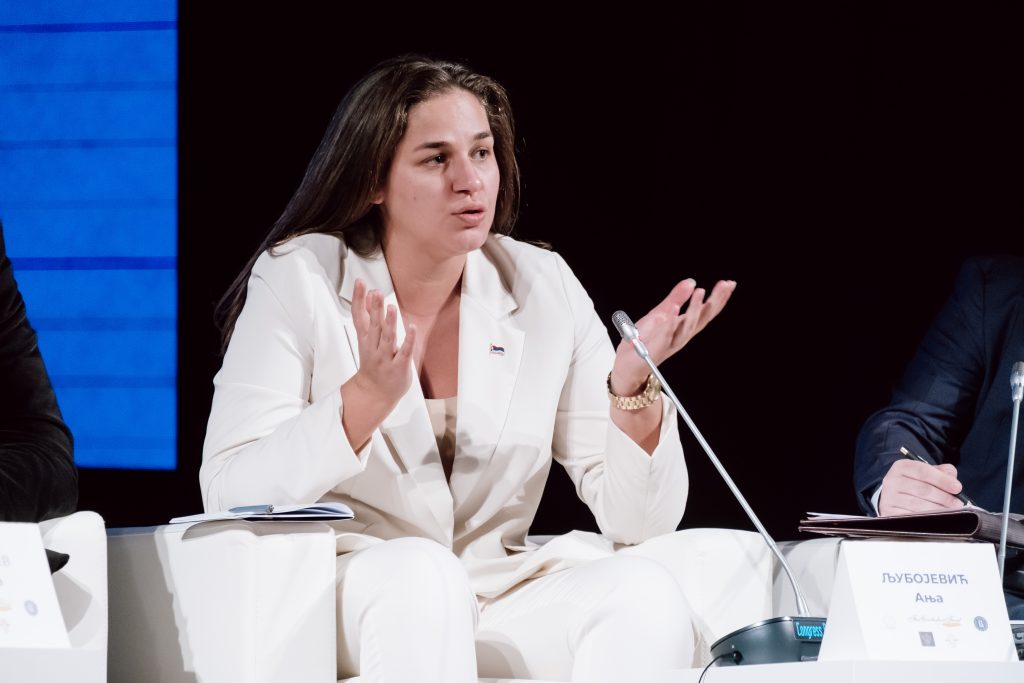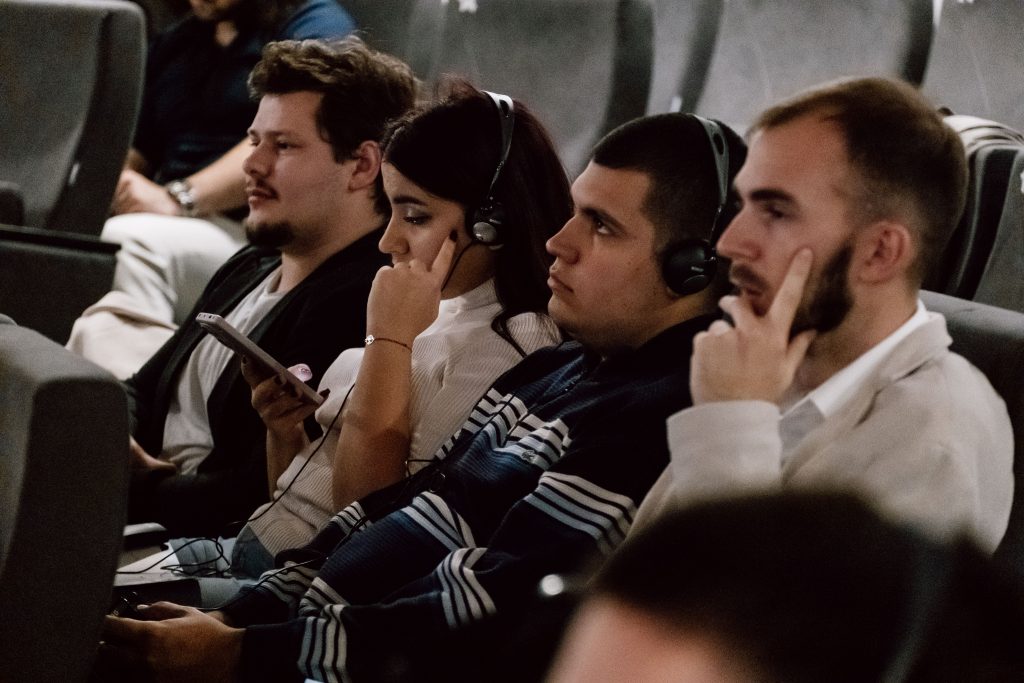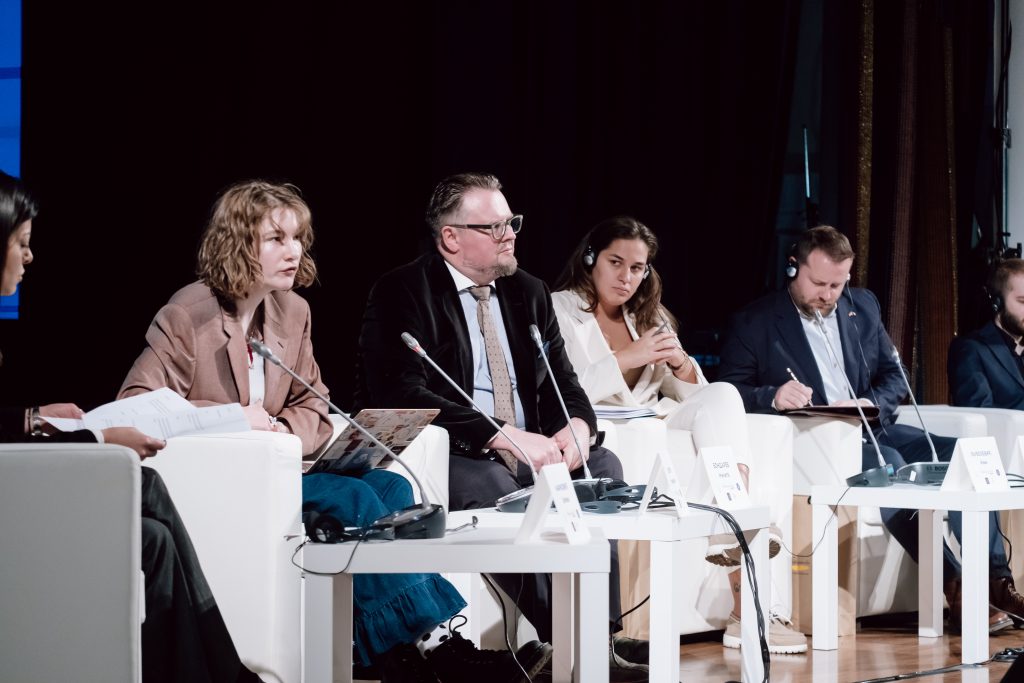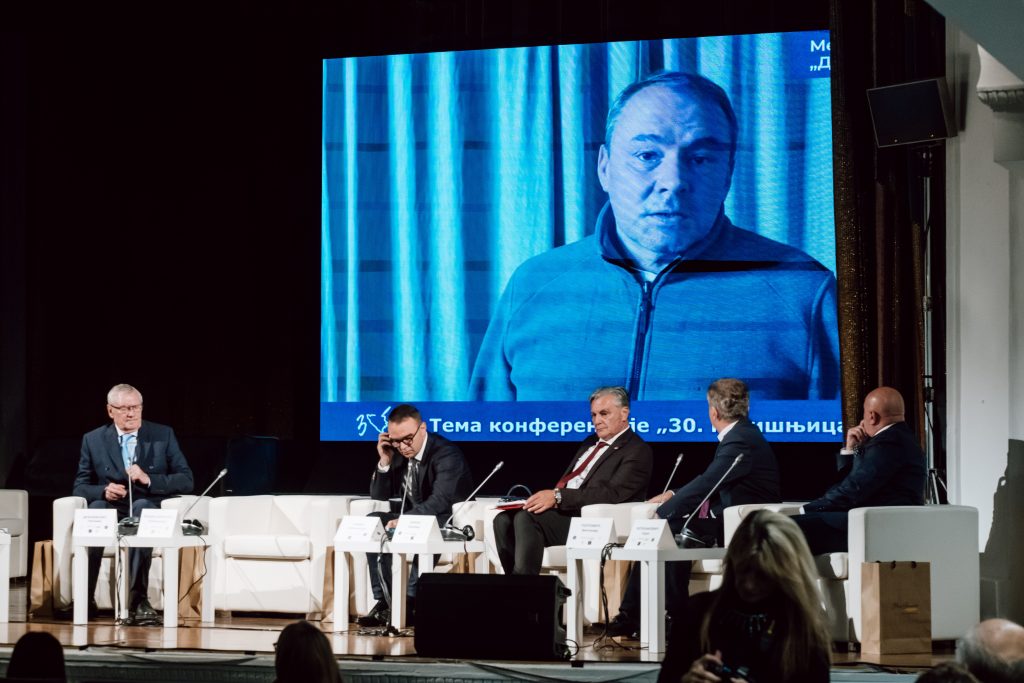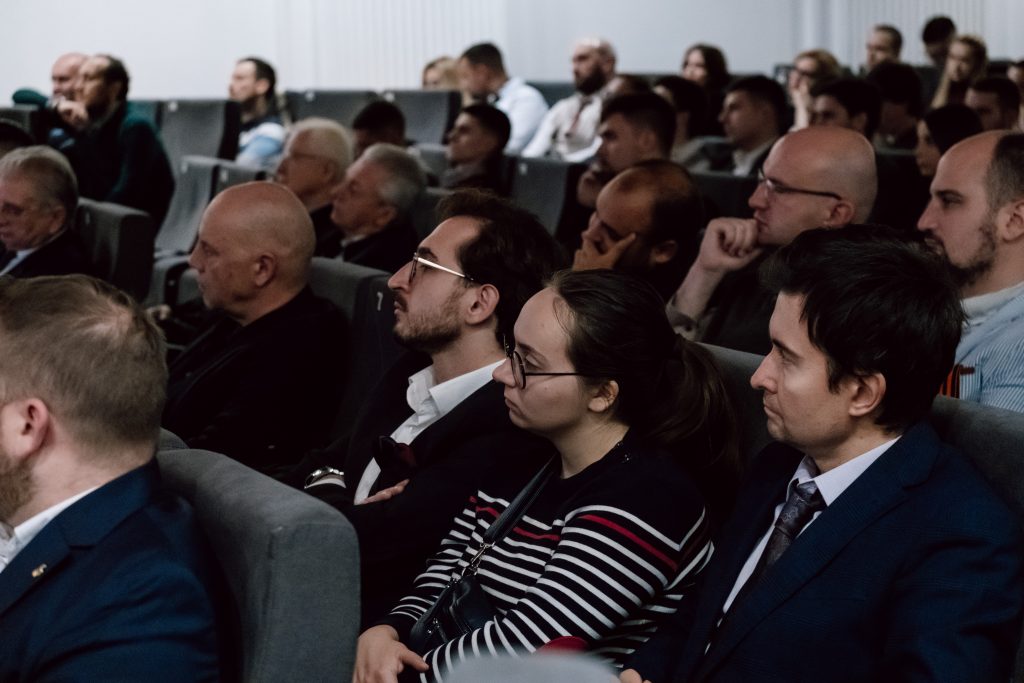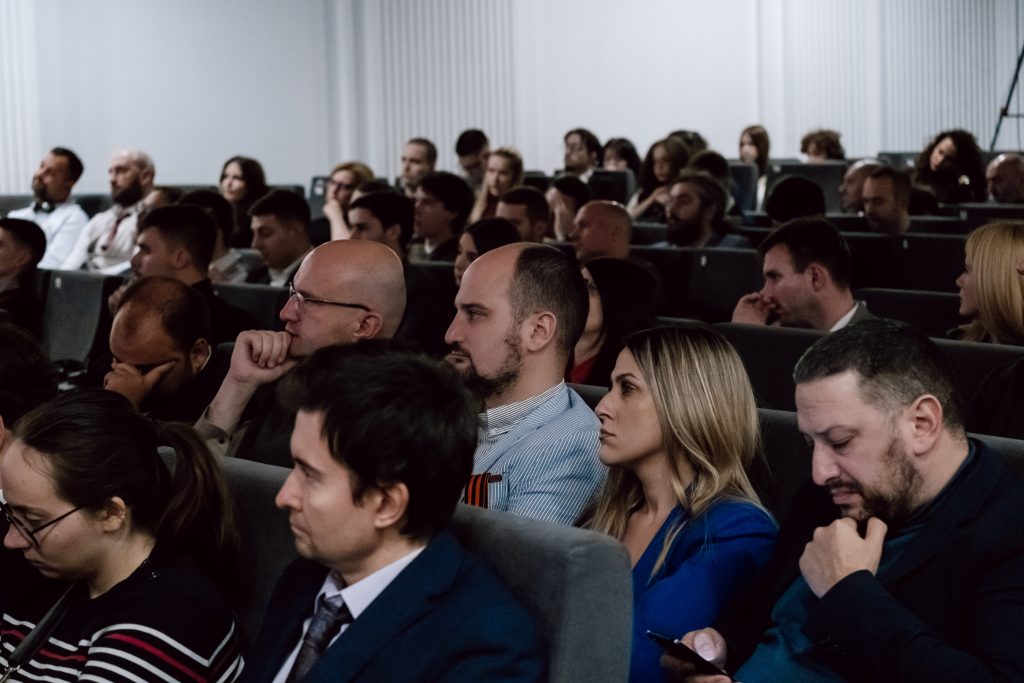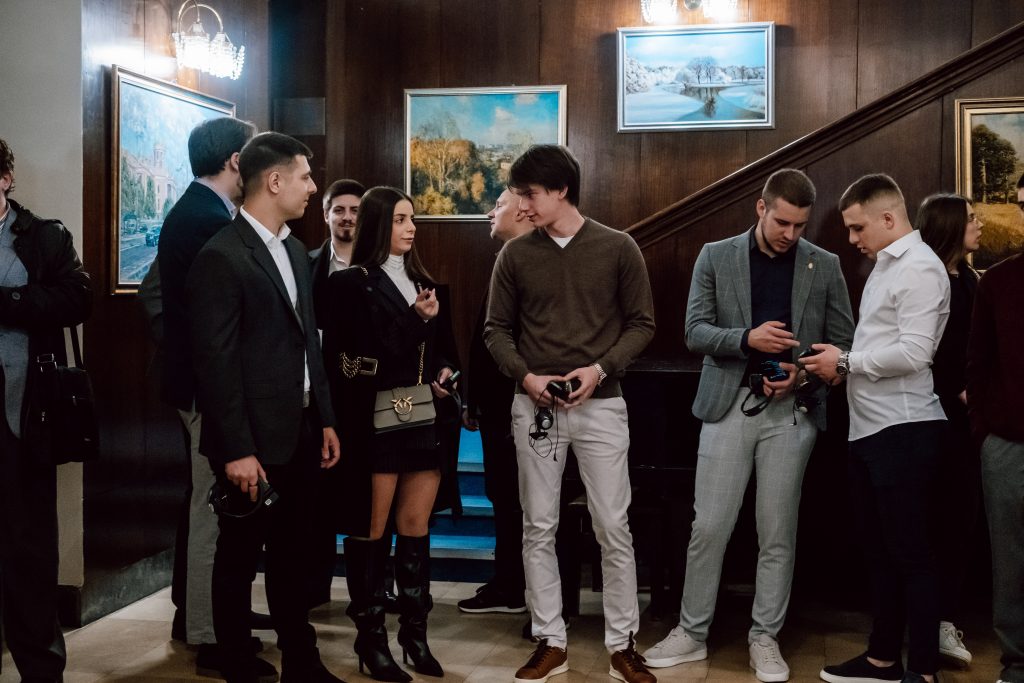Belgrade, November 5 2025 – The Russian House in hosted the International Academic Conference “Dayton – 30”, marking the thirtieth anniversary of the Dayton Agreement and reflecting on its lasting impact on the political and social architecture of post-conflict societies in the region.
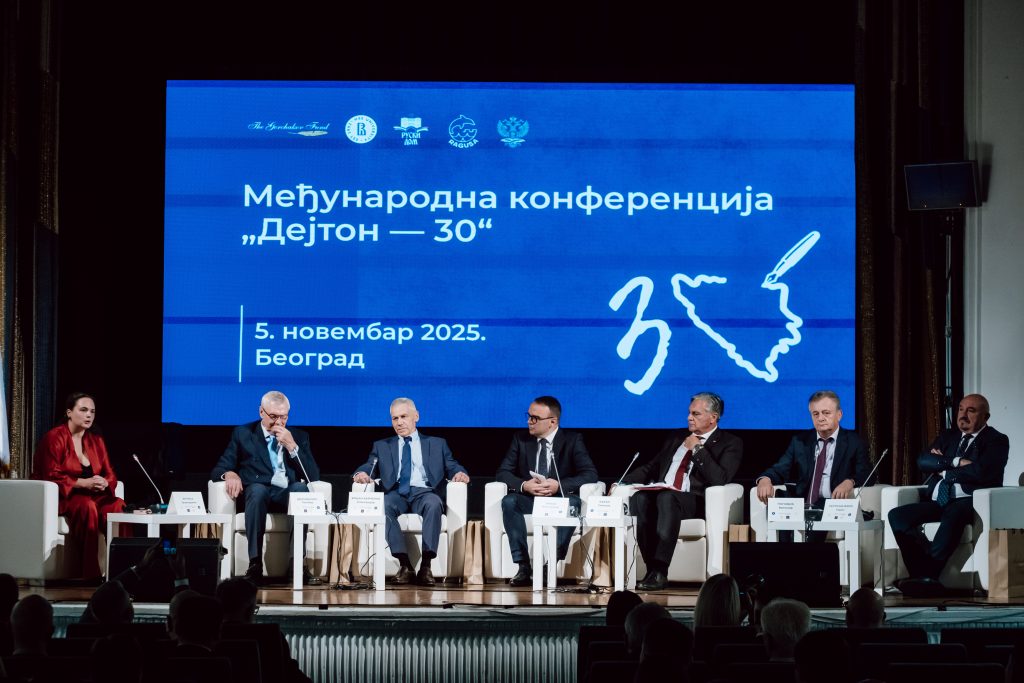
Тhe conference was organized in cooperation with the Gorchakov Fund, the Embassy of the Russian Federation in Belgrade, the Russian House in Belgrade, and the NGO Ragusa.
The event brought together diplomats, scholars, and experts to examine the current relevance of the Dayton framework, regional dynamics, and the evolution of political structures in post-Dayton Bosnia and Herzegovina. Through plenary discussions and expert panels, participants addressed key issues related to political organization, identity, collective memory, and the role of symbolic politics in maintaining – or challenging – regional stability.
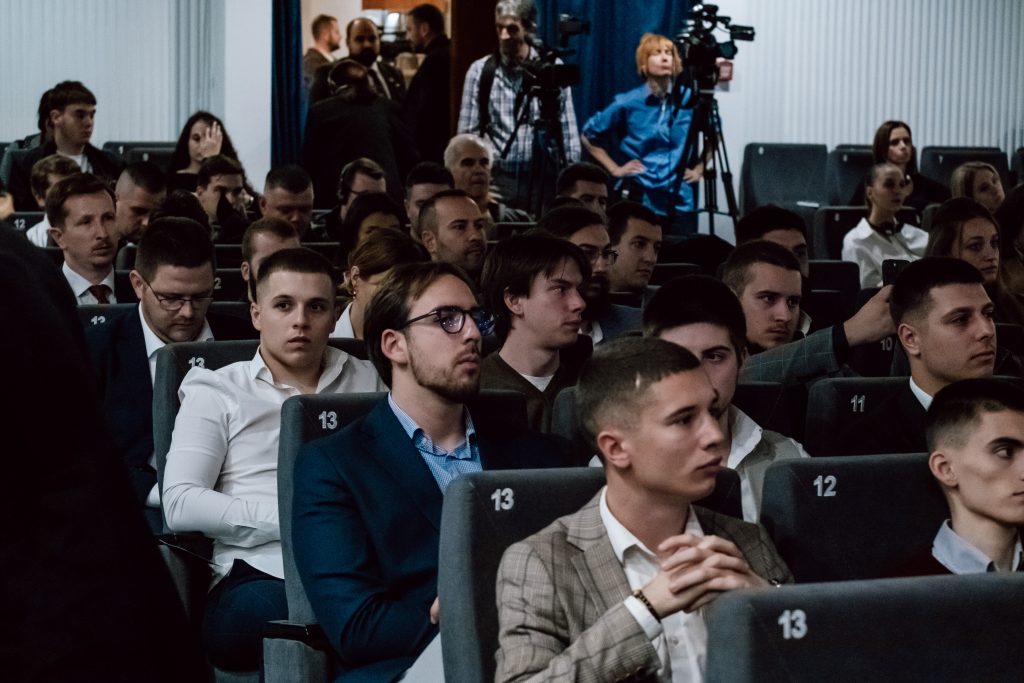
Speakers at the plenary session included:
Pyotr Tolstoy, Deputy Chairman of the State Duma of the Russian Federation (video address);
Leonid Drachevsky, Executive Director of the Gorchakov Fund;
Alexander Botsan-Kharchenko, Extraordinary and Plenipotentiary Ambassador of the Russian Federation to Serbia;
Aleksandar Vranješ, Ambassador of Bosnia and Herzegovina to Serbia;
Siniša Karan, PhD, Minister of Scientific and Technological Development and Higher Education of the Republic of Srpska;
Vitomir Popović, academician, PhD, and President of the Association of Lawyers of the Republic of Srpska; and
Goran Petronijević, President of the Center for the Renewal of International Law.
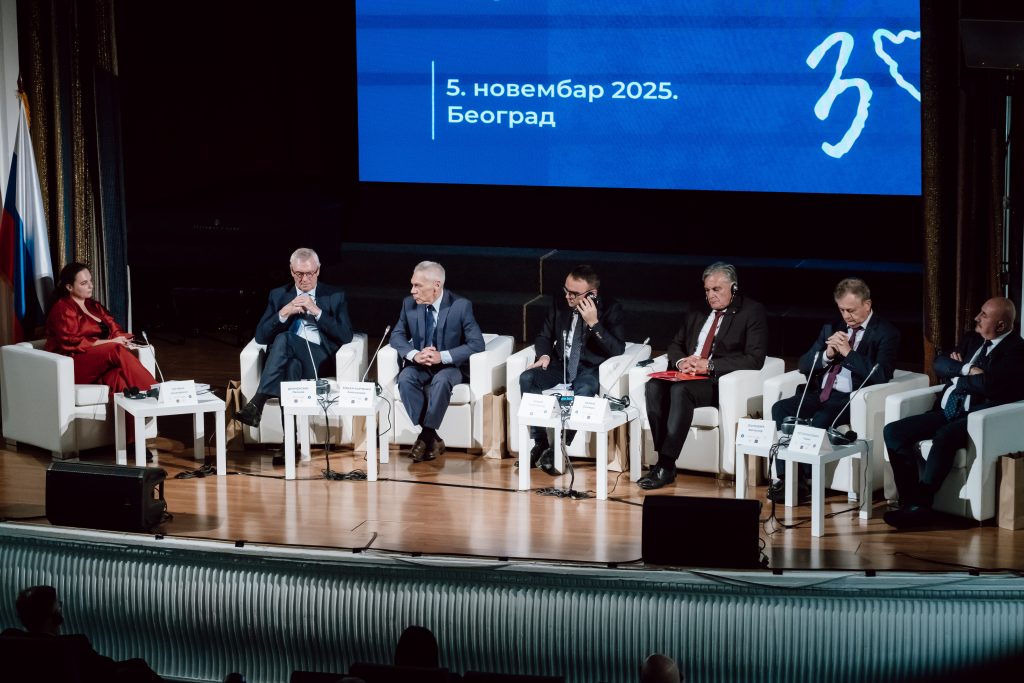
The plenary discussion opening
The plenary discussion was moderated by Ekaterina Entina, Doctor of Political Sciences, advisor to the Gorchakov Fund and Director of the Center for Mediterranean Studies at HSE University. Participants examined the current state and future prospects of the Dayton Agreement, its impact on regional dynamics, and the transformation of the political system of post-Dayton Bosnia and Herzegovina.
During the event, the academic monograph “30 Years of Dayton: How Are You, Bosnia?” – prepared by a team of researchers from HSE University, the Institute of Slavic Studies of the Russian Academy of Sciences, the Institute of Europe of the Russian Academy of Sciences, and MGIMO University – was presented.
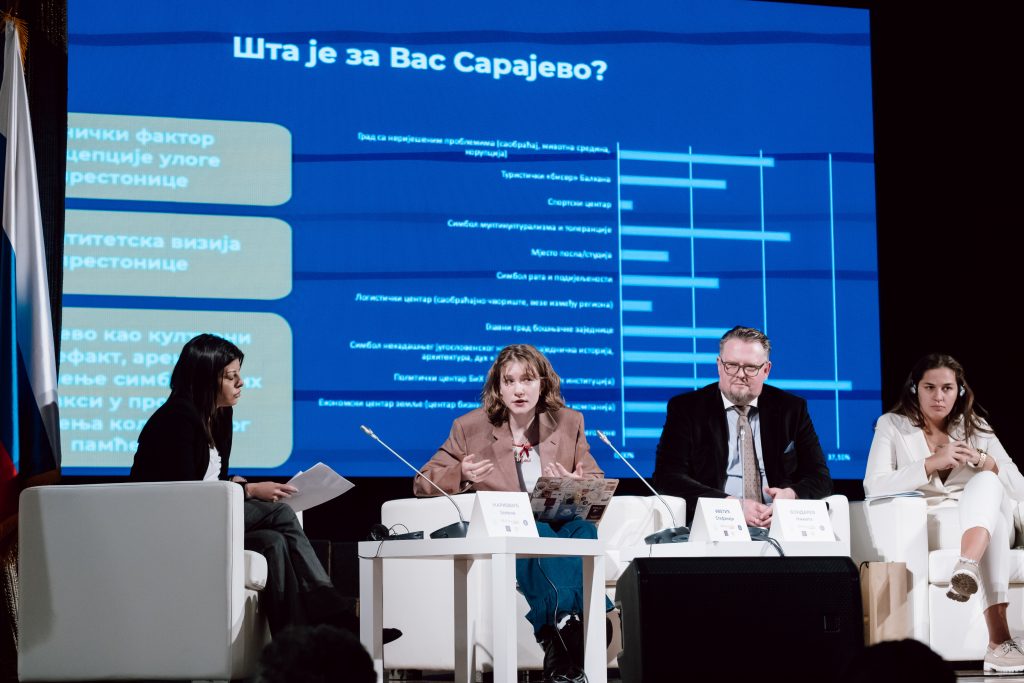
30 Years of Dayton: How Are You, Bosnia?
The second part of the conference featured an “Open Microphone” forum, where experts discussed the current situation in Bosnia and Herzegovina, including issues of political organization, memory, identity, and symbolic politics. Participants included:
Dr. Nikita Bondarev, Senior Researcher at the Institute of Slavic Studies of the Russian Academy of Sciences;
Stefanija Ivetić, Analyst at the National Research University “Higher School of Economics”;
Miloš Lukić, Acting Director of the Public Institution “Official Gazette of the Republic of Srpska”;
Anja Ljubojević, Deputy Speaker of the National Assembly of the Republic of Srpska;
Nebojša Malić, Journalist and Analyst;
Dušan Dačić, Jurist and Cartographer.
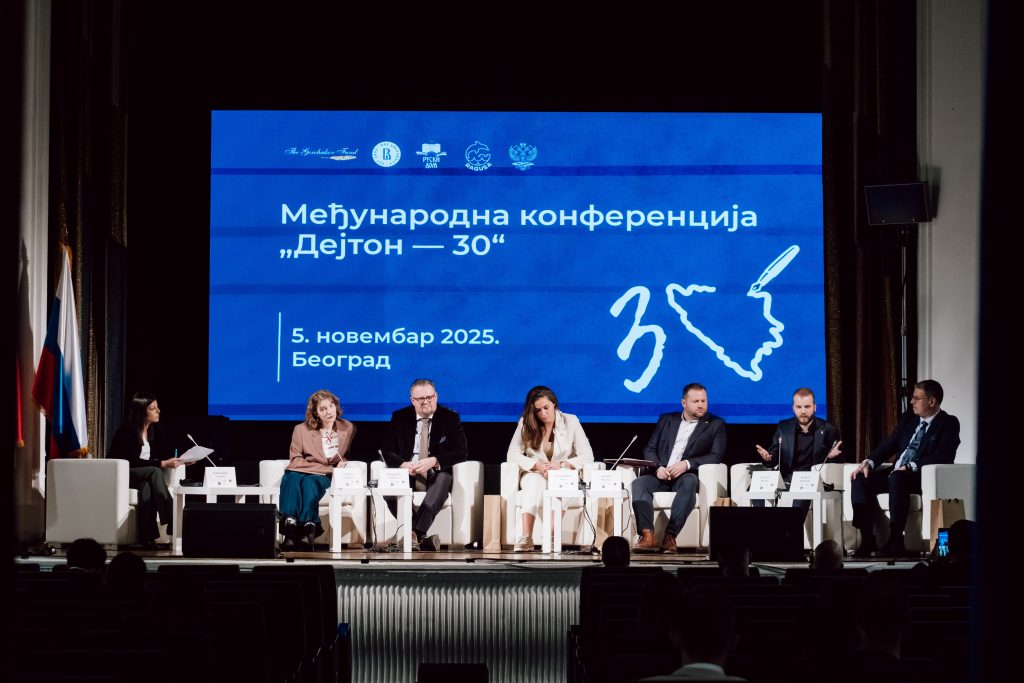
The Open Microphone session
The discussion was moderated by Jelena Marković, journalist at RT Balkan.
The debate opened a wide range of questions, including:
– What is the sociological reality of Bosnia and Herzegovina today?
– How is interethnic communication built in the region?
– Where does “forced reconciliation” appear in film, and where does the “victim play” that turns trauma into a cultural narrative emerge?
– What role do the symbols of the post-Dayton architecture play — do they preserve peace, or merely conceal its fragility?

